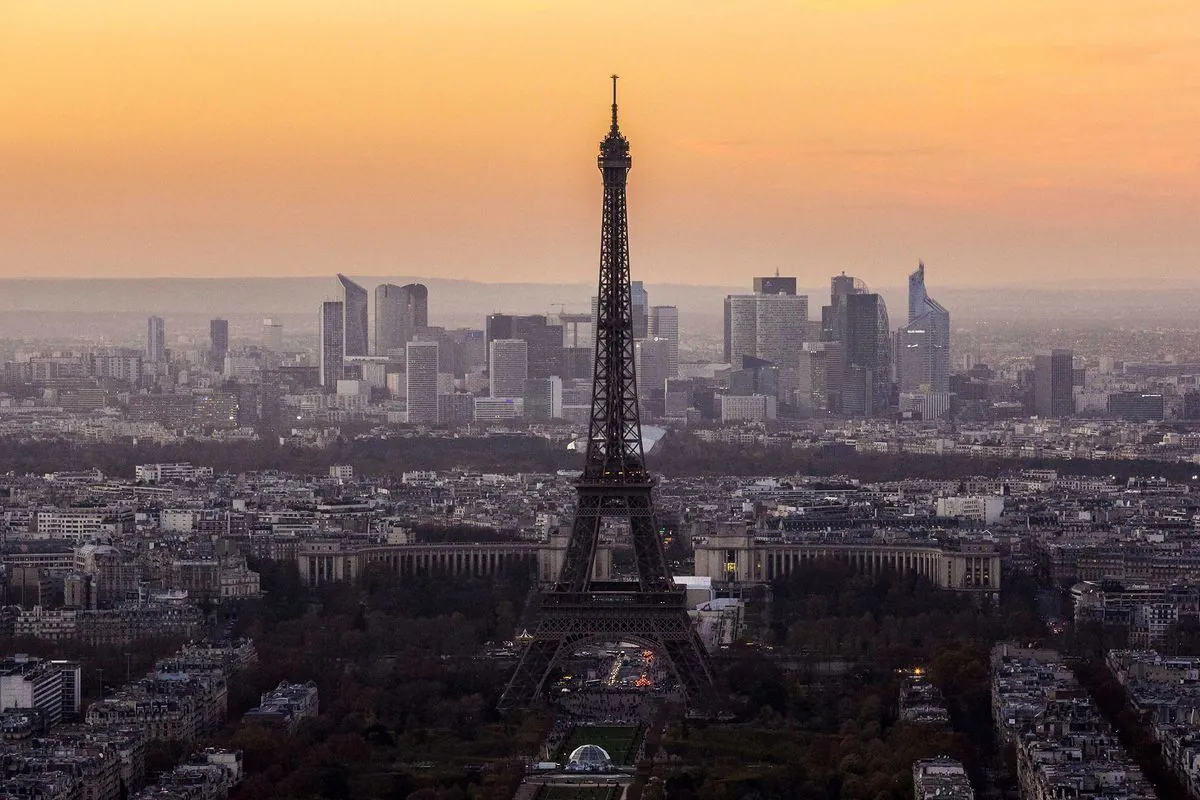France's Economic Paradox: Past Success vs. Current Fiscal Challenges
France's historical economic success faces a turning point as fiscal challenges mount. With high public debt and political resistance to austerity, the nation grapples with potential economic troubles ahead.

France, the largest country in the European Union by land area, finds itself at an economic crossroads. Despite a history of robust performance, the nation now faces significant fiscal challenges that threaten its long-term stability.
Historically, France has been an economic powerhouse. As the world's seventh-largest economy by nominal figures, it has often outperformed its neighbors, including the United Kingdom, in terms of per capita GDP. This success has been achieved despite policies that many economists might consider counterintuitive.
Several factors have contributed to France's past economic resilience. The country boasts diverse natural resources and a strong agricultural sector, producing over 400 types of cheese and ranking as the EU's leading agricultural power. Additionally, France's tourism industry is unparalleled, attracting approximately 89 million foreign visitors annually, making it the world's top tourist destination.

France's industrial prowess is also noteworthy. The nation is a global leader in automotive, aerospace, and railway sectors. Furthermore, the French education system, while one of the most expensive globally, consuming about 5.9% of GDP, has produced a high number of Nobel laureates, ranking third worldwide.
However, the current fiscal situation in France is increasingly precarious. Government spending has risen dramatically, from about one-third of GDP in 1960 to 58% in 2023. Public debt, once the lowest among G7 nations at around 20% of GDP in 1980, has now ballooned to 111% of GDP, surpassing even the UK's 101%.
The root of this fiscal challenge lies in France's generous state benefits and high public sector wage bill. Public sector pensions alone account for 14.5% of GDP, approximately double the OECD average. Despite various attempts at reform, political resistance to austerity measures remains strong, with a long-standing tradition of public protests often leading to government capitulation.
The upcoming 2027 presidential election adds another layer of complexity to France's economic outlook. With both left and right-wing parties advocating for increased public spending, the likelihood of significant fiscal adjustment before the election seems low.
"If the term 'far Right' has meaning in relation to her policies on immigration and national identity, her inclinations on economics would be better described as 'far Left'."
It's crucial to note that French politics often defy simple categorization. For instance, Marine Le Pen, often labeled as "far-right," actually advocates for interventionist economic policies more aligned with left-wing ideologies.
The euro has played a significant role in France's fiscal trajectory. As a core member of the eurozone, France has been shielded from the currency pressures that might have forced fiscal tightening in the past. However, this insulation may not last indefinitely.
As France grapples with these economic challenges, its position as a global leader in various sectors, including its possession of the world's fourth-largest gold reserves and its influential film industry, may provide some buffer. Nevertheless, without substantial fiscal reforms, the nation may face significant economic turbulence in the coming years.


































